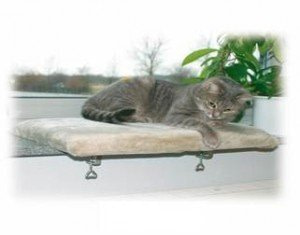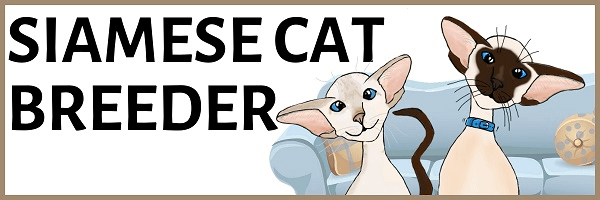 How to Spot and Treat Cat Depression
How to Spot and Treat Cat Depression
Depression in cats is not something many people are aware of as opposed to human depression, very few people actually realise that animals can suffer from this mental illness too. Typically, depression in cats can be a sign that something is wrong medically, but it can also be due to the lost of a close friend or family member or even a disruption such as moving home. Cats are clever animals and they like to tell you what is wrong, if you think you little furry friend is hinting at depression then take a look through these signs, symptoms and how to deal with the illness.
The Signs and Symptoms of Cat Depression
There are several signs and symptoms of cat depression, some more noticeable than others. If you spend a lot of time with your kitty then you may notice these straight away, however if not then it is important to stay vigilant if you suspect something may be wrong.
Change in Appetite – One of the most common ways of spotting cat depression is by monitoring what they are eating. A loss of appetite can mean a whole range of medical problems, so it is important to ensure your feline friend is emptying his or her bowl when they should be. If your cat normally licks the bowl clean and is now not bothered by the sound of a tin opening then this could be a serious problem.
Hiding from you or the family – Cats are sociable creatures and so when they go into hiding or withdraw from the family it is a key sign that something is wrong. Depressed cats use their instinct to hide which stems from when ill cats in the wild would conceal themselves to save being picked on by stronger animals. If your cat doesn’t want to come out to play like they used to, then it may very well be depressed.
Grooming habits – As all pet owners know, felines love to groom and clean themselves. If you find that your cat is looking worse for wear or their fur is dirty and matted then they might not be grooming themselves properly. This change in habits is a way of your cat telling you that they feel unwell, so make sure you pay attention, this is a sure fire way of spotting depression in cats.
There are several other symptoms of cat depression which can be easily picked up by monitoring your cats behaviour. Any changes to their behaviour can be a clue, as long as you are looking out for them.
How to Treat Cat Depression
First things first, you must take your cat to the vet to see if there are any underlying medical issues. Your cat may be showing symptoms of depression due to other health concerns, so it is always best to get your furry friend checked out straight away.
If your vet confirms that is depression then there are different ways of treating him or her, without having to resort to medication.
 Toys, toys and more toys – Cats love being occupied and so now is the time to stock up on their kitty toy box. Fluffy mice, jingly balls, catnip toys and feathers dangling from a string are all great ways of keeping your cat entertained and the depression far away.
Toys, toys and more toys – Cats love being occupied and so now is the time to stock up on their kitty toy box. Fluffy mice, jingly balls, catnip toys and feathers dangling from a string are all great ways of keeping your cat entertained and the depression far away.
Sunshine – Keeping your blinds and curtains closed while you are out all day could be contributing to your cat’s depression. Leave them wide open so that they can enjoy the sunshine and amuse themselves with the outside world.
Another feline friend – Sometimes, your cat may be depressed due to loneliness, especially if you are out all day. Getting your kitty a friend to play with can cheer him or her up, as well as promote exercise and play time. Be careful when introducing a new cat into your home though and ensure you keep them separate for a week or two.
Bonnie Wright is a freelance writer specialising in veterinary subjects and animals. She recommends https://www.animalsource.co.uk/cats-11-c.asp for fun interactive toys for your cat and animals of all sorts.
Editors Note – Just like to add quickly my thanks to Bonnie for such a great article. If you have never been owned by a cat then you would think it very strange to hear talk about cat depression but those who live will cats can testify to just how sensitive they can be!
How does your cat tell you when he is unhappy? I would love to hear in the comments below….

